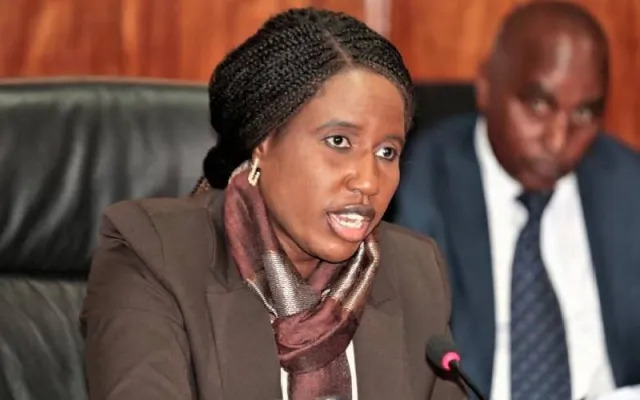Majority of Kenyan schools have no adequate resources in terms of infrastructure to seamlessly implement CBC, says association of non-public institutions.
By James Wakahiu
Private universities want Junior Secondary School (JSS) as proposed in the new Competency-Based Curriculum (CBC)’s to be domiciled in primary schools to give teachers who have upgraded to higher qualifications a chance to offer their services as per their training level.
The National Association of Private Universities in Kenya (NAPUK) is also worried that a majority of Kenyan schools have no adequate resources in terms of infrastructure to seamlessly implement the Competency-Based Curriculum (CBC).
In a memorandum submitted to the 49-member Presidential Working Party on Education Reform at Chania High School in Thika town, NAPUK said secondary schools are already too strained to accommodate pupils transiting from primary schools due to government’s 100 per cent transition policy.
NAPUK recommends that, since the exiting Standard 8 pupils will leave behind infrastructure that can adequately host JSS, there is no point in further straining the available resources in secondary school.
The memorandum was signed by Dr Vincent Gaitho, NAPUK’s Secretary General, who is also Mount Kenya University Pro-Chancellor.
The association wants the ministry to implement policies that will change parents and students’ mindsets that geographical mobility is the perfect measure of transition from one schooling level to another.
“Embracing e-learning will make Kenyans appreciate that time and space are inconsequential when it comes to acquiring an education,” said the memo in part.
By so doing, NAPUK says, the government will be killing two birds with one stone.
Given the tender age of CBC Grade 6 candidates transiting to JSS, NAPUK foresees an unprecedented social disorientation, particularly in boarding secondary schools.
“There could be a risk of social disorder and mental challenges coupled with psychological disturbance among continuing Class 7 pupils left behind in primary school as their juniors (CBC Grade 6) proceed to secondary, appearing to jump the queue of education continuum,” reads the statement.
During the Covid-19 pandemic, many Kenyan institutions of higher learning embraced online teaching with the use of various e-learning technologies. Today, all universities in Kenya have online platforms meant to support students who are unable to come to class physically.
It is from this experience that NAPUK wants the government to support efforts to fully digitise these institutions, as well as enhance Commission for University Education’s Open, Distance and E-Learning (ODEL) platforms.
If all the aforementioned issues are looked into and enhanced, NAPUK does not see the need to introduce and operationalise the Open University of Kenya, since it will be “a duplication of the already existing open universities in most Kenyan universities under the ODEL platform”.
Meanwhile, to solve the financial woes facing public universities, NAPUK recommends that the institutions should explore other alternative income sources and see to it that there is prudent financial management of all university funds.
In their memorandum, private universities also want the government to address the “glaring discrimination” in government capitation of students, where students in private university receive less than half that which government-sponsored students get.






